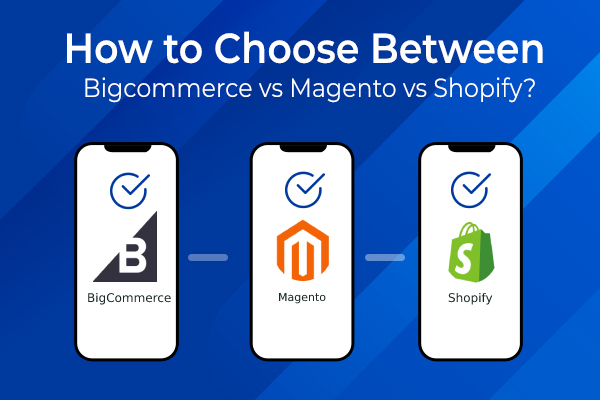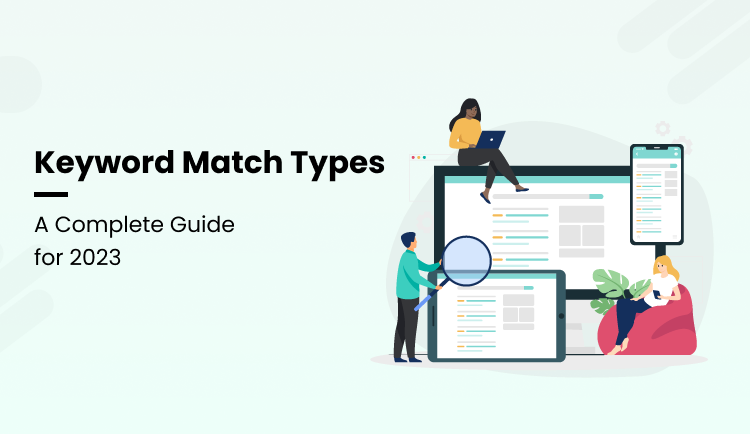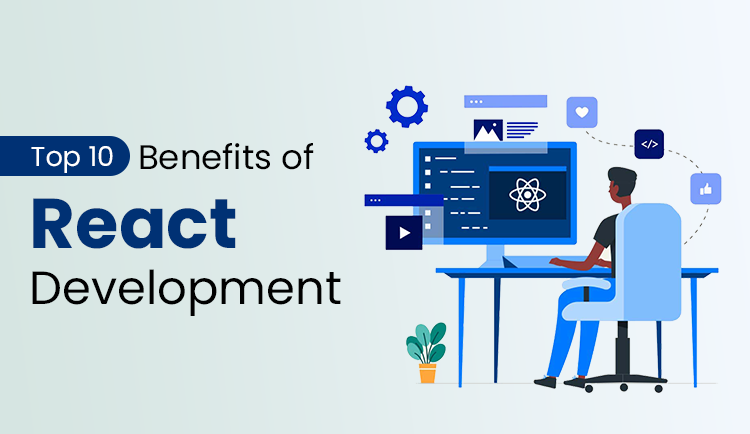
How to Choose Between BigCommerce vs Magento vs Shopify?
Choosing the finest eCommerce platform for your eCommerce shop is not a decision to be taken lightly, whether your company is small and looking to expand rapidly or a huge corporate brand looking for new options.
When researching your options, you’re likely to come across some big names, such as Magento, Shopify, and BigCommerce.
To help with this crucial choice, it makes sense to examine these three major players in the game because they not only account for a sizable portion of the market share, but some are also displaying some intriguing innovations as they adapt to a changing industry.
Comparison of Shopify vs. Magento vs. BigCommerce
Whereas a few years ago the main head-to-head decision many e-commerce firms or shops would make when considering platforms was Shopify versus Magento, today that issue is increasingly split three ways: Shopify vs. Magento vs. BigCommerce.
- Shopify:
Shopify is home to over a million shops, including e-commerce darlings Gym shark and Kylie Cosmetics. Originally founded as a single online store named Snow devil, Shopify pivoted many years ago to become a platform for others to create their own stores and has expanded dramatically in terms of consumption volume in recent years.
A small, straightforward Shopify store may be built in a couple of days for very little money. When it comes to anything more sophisticated, merchants may need to hire a third-party agency to get started, which may be costly.
Most Shopify sites are driven by a combination of the core platform, theming tweaks, and third-party apps. Shopify can help you whether you’re a new jewelry designer seeking to sell your creations, a musician looking to sell your latest mixtape, or an existing business looking to expand.
Hundreds of thousands of companies from over 175 countries rely on Shopify to help them sell their products.
- Magento:
Commonplace uses the community-based Magento solution for our eCommerce clients. Because of Magento’s scalability, businesses with a few goods and basic expectations may rapidly expand to tens of thousands of products and advance custom behavior without switching platforms.
Magento’s history spans multiple epochs. At one point, it was the go-to platform for everything from the tiniest stores to corporate systems for global companies like the North Face.
Magento was previously owned by eBay, but it was then purchased, taken private, and matured into a second-generation platform known as Magento 2 at the time.
Experienced developers would also remind you that in eCommerce, speed is critical. When you’re doing a lot of online shopping, no one wants to have to wait for systems to reload.
While we haven’t yet encountered a Magento client who needed more than one server for their web store, I can imagine it happening in the future.
- BigCommerce:
BigCommerce was founded in 2009 with the aim and mission of Eddie Machaalani and Mitchell Harper to solve internet commerce for modern merchants. BigCommerce now employs over 800 people and powers online shops in over 120 countries.
BigCommerce has hosted shopping cart software that runs tens of thousands of online shops in over 150 countries. You can handle everything yourself, including adding items, uploading photographs, processing orders, creating pages, creating discount coupons, and more. You can also use it to build your store by dragging and dropping panels.
BigCommerce is a SaaS solution, however unlike some comparable solutions; it does not follow the typical SaaS paradigm. BigCommerce is an open SaaS platform provider, which gives merchants a distinct advantage in terms of flexibility and customizability.
Big Commerce’s open SaaS features also enable it to provide headless functionality, allowing you to incorporate its eCommerce technology into any number of applications.
Comparison of Prices between Shopify vs. Magento vs. BigCommerce:
While it is not everything, pricing is a critical consideration when selecting an eCommerce platform. While all three platforms provide an ‘enterprise’ offering, the overall cost of each might vary greatly over the course of your site’s existence. Paying attention to license fees, hosting expenses, and other “hidden” expenditures that may arise can significantly improve your profitability over time
- Magento is pricey:
The cost of licensing Magento software varies depending on the package. Magento Open Source is theoretically free to download from Magento’s website; however, all hosting, security, development, and design costs must be paid. The size and complexity of your firm will influence your quotation, but yearly pricing ranges from $22,000 to $125,000.
- Shopify: low-cost:
Shopify also provides a variety of pricing plans based on the intricacy of the business. A Basic Shopify Plan, which offers the fewest features, starts at $29 a month. The lack of several essential native functionalities in Shopify might raise your total cost of ownership.
- BigCommerce is inexpensive:
BigCommerce is another low-cost ecommerce solution to explore, offering a variety of choices at various pricing ranges. BigCommerce Essentials, the most basic package, costs $29 per month, with more sophisticated plans costing $79 and $299. Enterprise plans with comprehensive native features are offered at affordable pricing based on the size and complexity of the organization.
Comparison of Features between Shopify vs. Magento vs. BigCommerce:
- Magento provides a plethora of features, including support for huge product catalogs with many versions, native product bundles and groups, and cross-selling and upselling capabilities. When it comes to Magento, you can personalize your eCommerce website with practically whatever you want, but you’ll need to locate developers that can do it and keep it up to date.
- Shopify offers several inherent capabilities as well, and more functionality may be obtained through their app store via third-party apps. Determine the features you will require and tally up the expenses of the applications required to achieve what you desire to determine your total cost of ownership.
- BigCommerce has a plethora of native functionality that can eventually save organizations money by eliminating the need for as many third-party apps. BigCommerce’s useful features include a channel manager to simplify multi-channel selling, an abandoned cart saver, and a broad range of payment methods.
Usage Comparison between Shopify vs. Magento vs. BigCommerce:
- Magento:
Magento is an extremely complicated platform that does not come with training wheels. Magento does not provide on-site developers to assist you with the development of your site.
It is uncommon to manage a Magento shop of any magnitude without a substantial number of internal or external technical resources.
Larger Magento sites frequently have tens of developers working on them around the clock, with lengthy development roadmaps, patches and upgrades, integration projects for extensions that might last weeks, and rigorous ongoing QA testing.
- Shopify:
It is user-friendly. Shopify was created to meet the demands of individuals looking for a user-friendly solution to establish online businesses without a background in coding. Shopify includes drag-and-drop sections that make it relatively simple to construct a site.
If you want to run Shopify out of the box with an off-the-shelf theme, you should have no trouble getting to grips with its capabilities and operating your business efficiently. However, if you have more complicated goods or a huge catalog, managing it will get more challenging over time.
- BigCommerce:
BigCommerce features a simple user interface that makes it simple to create attractive websites even if you’ve never done it before. BigCommerce is extremely straightforward to use after everything is set up, with a basic store page for adding goods and handling orders.
BigCommerce’s headless services are another possible benefit for backend users. BigCommerce has a number of pre-built plug-ins for frontend CMS and DXP systems like WordPress, Bloomreach, Drupal, and others.
Platform’s Security between Shopify vs. Magento vs. BigCommerce:

- Shopify:
Shopify is a completely SaaS solution that is comparatively safer with over a million retailers on its platform. Over the previous few years, they’ve tightened up even more in the payments sector, improving the security of an already guarded region. The platform is entirely PCI compliant, and it is monitored and tested on a regular basis.
- Magento:
Magento security is a collaborative effort that distributes updates on a regular basis to address vulnerabilities, albeit they are rarely linked to security. These must be installed by the merchant. Customers of Magento Commerce can use Adobe’s Security Scan product. Magento is a platform that can be nearly completely customized.
- BigCommerce:
BigCommerce offers site-wide SSL security, DDOS protection, 99.9% uptime, lightning-fast speed, and PCI-1 compliance. This frees up business owners’ time to focus on innovation and development rather than security and performance.
Is Magento, Shopify, or BigCommerce better?
After reading this, you should have a good idea of how the three compare. Each has advantages and disadvantages, and each is best suited to a specific sort of organization.
Magento- Larger corporations with large spending:
Magento is intended to be an enterprise platform. If you approach their sales teams with a smaller site, they will gladly tell you that your company is a good fit, but you may be going too far.
Magento sites that are the most successful have teams of developers working on them, continual testing and monitoring, frequent security upgrades, and regular maintenance.
Shopify- Whether you’re just starting out or have a clear road ahead of you:
Shopify is ideal for tiny businesses looking to make their first foray into online retailing, as well as brand-heavy enterprises with a large budget to invest and the willingness to pay extra on extensions and add-ons.
If you don’t mind utilizing Shopify’s chosen payment provider and have a simple catalog, Shopify is an excellent choice.
BigCommerce- Brands that is poised to scale:
BigCommerce is perfect for individuals seeking a long-term growth path. It’s the perfect solution for companies eager to grow, with a clear route from smaller organizations to enterprise levels of revenue, easy features, predictable pricing, and great security measures. BigCommerce’s overall goal is to drive growth rather than compilation.
Hosting between Shopify vs. Magento vs. BigCommerce:
- Magento: Multiple Magento products are available, thus Magento may be hosted on-premise, by a third party, or in the cloud. Magento’s hosting capabilities are completely dependent on how you utilize the platform, and as a result, you may be solely responsible for locating a hosting provider to employ
- Shopify: It is entirely cloud-based and hosting is included as part of your subscription. That means you won’t have to go for third-party hosting and deal with the headaches that come with it.
- BigCommerce: BigCommerce is also cloud-based, and your membership includes hosting and best-in-class speed. BigCommerce boasts an industry-leading 99.9 percent uptime, so you won’t have to worry about finding hosting or dealing with downtime.
Bottom Line:
Today’s three primary platforms provide significant capabilities for brands and merchants, as well as robust scalability and a wide range of user experience options. If you have complex requirements and need to integrate legacy systems, Magento may be a suitable option. If you’re just starting out or have a well-defined route and are ready to pay fees for payment flexibility and knowledge, as well as money for extensions, Shopify may be the right choice for you.




